|
When May*, a female sex worker in Yangon, Myanmar, found out she was HIV positive, she was devastated. Limited awareness of HIV, and the illegality and stigmatization of sex work, puts female sex workers and their clients at greater risk. Research indicates that one in six female sex workers in Yangon is HIV positive.
As Foodpanda riders weave through the streets of Yangon, Myanmar, they’re not just bringing noodles, bubble tea, and other tasty food and drinks to their customers. They’re also delivering important messages about diagnosing and treating tuberculosis (TB). Since World TB Day (March 24), more than 1,000 Foodpanda riders across the city have been wearing special shirts with the message, "If you've been coughing for two weeks or more, test for TB at your nearest clinic", emblazoned on the back in Burmese.
Tuberculosis (TB) remains a significant challenge to public health in Myanmar (Burma). On World TB Day, we talk to TB patients and health workers in remote communities of the Naga Self-Administered Zone to discover how USAID’s HIV/TB Agency, Information and Services Activity, led by Community Partners International, is helping to ensure access to testing and treatment.
Community organization New Life helps people living with HIV (PLHIV) in rural villages in Myanmar (Burma)’s Mandalay Region. We talk to an HIV-positive client, a peer educator and New Life’s co-founder about their experiences during Myanmar’s crisis.
World AIDS Day: Meet the People Sustaining Lifesaving HIV Services During Myanmar’s Crisis11/28/2022
For people living with HIV (PLHIV) in Myanmar (Burma), the February 2021 coup and ensuing turmoil are endangering the health services they rely on for survival. We speak to community health workers supported by the USAID HIV/TB Agency, Information and Services (AIS) Activity providing a lifeline to PLHIV during this crisis.
On World Mental Health Day, we speak to community members in Kachin State, Myanmar, about the critical role of mental health and psychosocial support in harm reduction and HIV prevention and treatment among people who inject drugs.
To mark World AIDS Day, we talk to Shin Thant, one of the very first clients to enroll in Myanmar's HIV Pre-Exposure Prophylaxis (PrEP) Program.
On July 31st, 2020, HIV healthcare providers and other key stakeholders gathered at an event in Yangon to inaugurate Myanmar’s first HIV Pre-Exposure Prophylaxis (PrEP) clinics. This marks a major milestone for Myanmar’s strategic response to HIV, and will contribute to the scaling up of HIV prevention efforts.
Thiri, 37, found out that she was HIV positive during a routine checkup while pregnant in 2013. She was afraid and alone. “I was so scared that others would find out that I had HIV so I didn’t leave the house for a long time. I couldn’t tell my parents.”
Community Partners International (CPI) is supporting efforts to end tuberculosis (TB) in Myanmar by promoting access to TB testing and treatment for conflict-affected, hard-to-reach and under-served populations. A crucial element of success in reaching these populations is to ensure strong cooperation between the Myanmar Ministry of Health and Sports (MoHS) and the ethnic and community-based organizations that provide the first line of health services in these contexts.
|
AuthorCPI Admin Archives
July 2024
Categories
All
|
|
|
COMMUNITY PARTNERS INTERNATIONAL
580 California St Fl 16, Ste 1658, San Francisco, CA 94104-1068, USA [email protected] +1 510 225 9676 We are a registered nonprofit 501(c)(3) Public Charity. TAX ID 94-3375666 |
©
Community Partners International


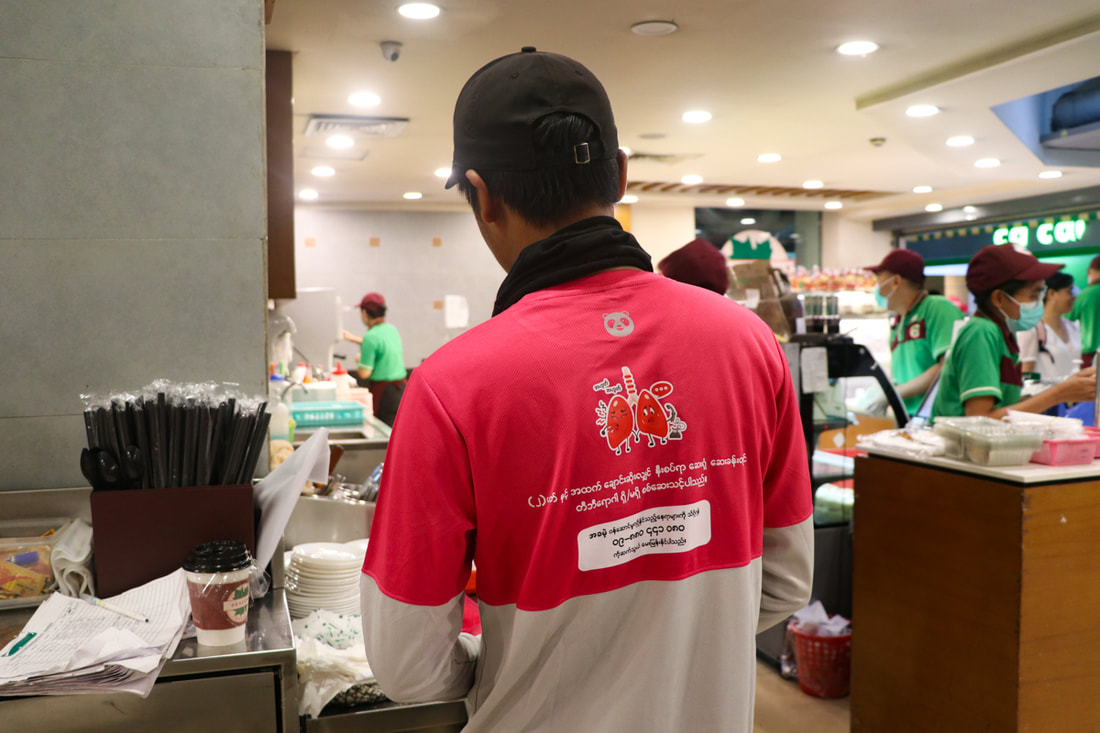
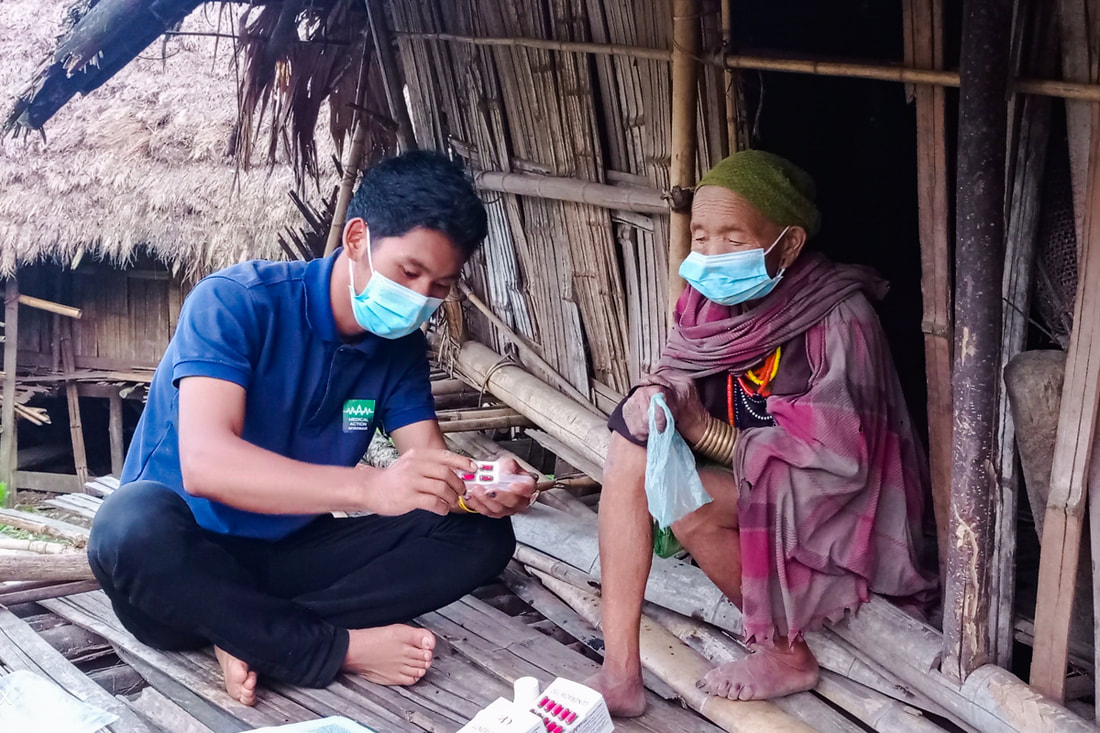
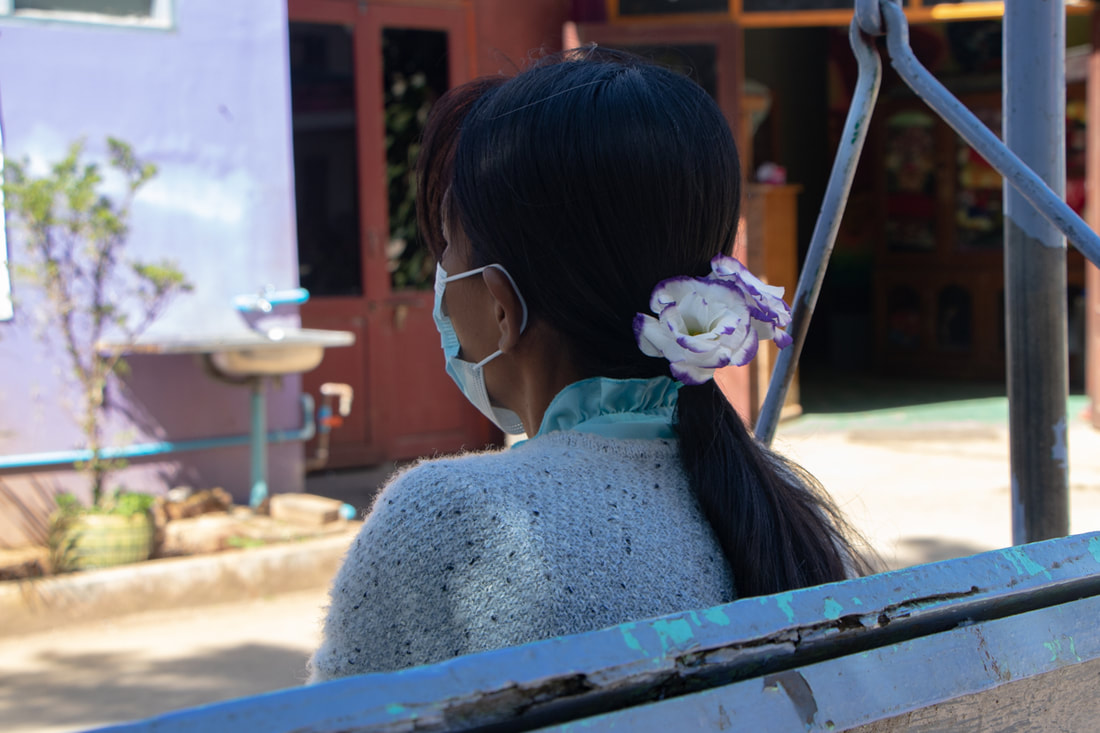
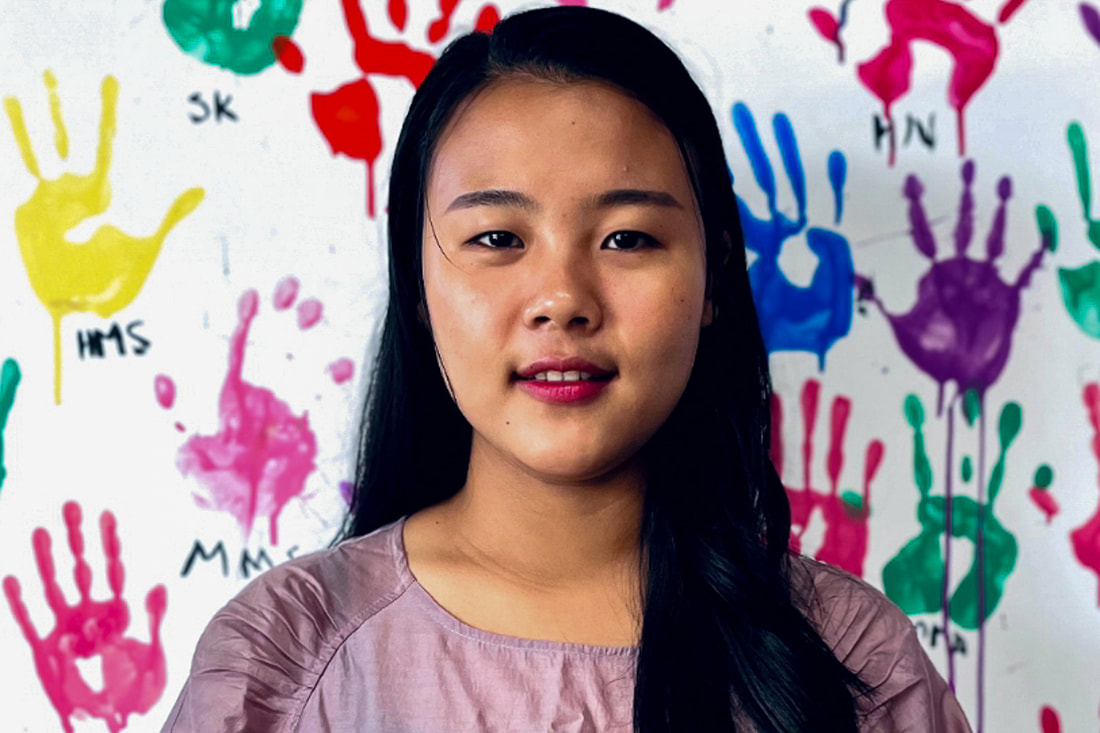
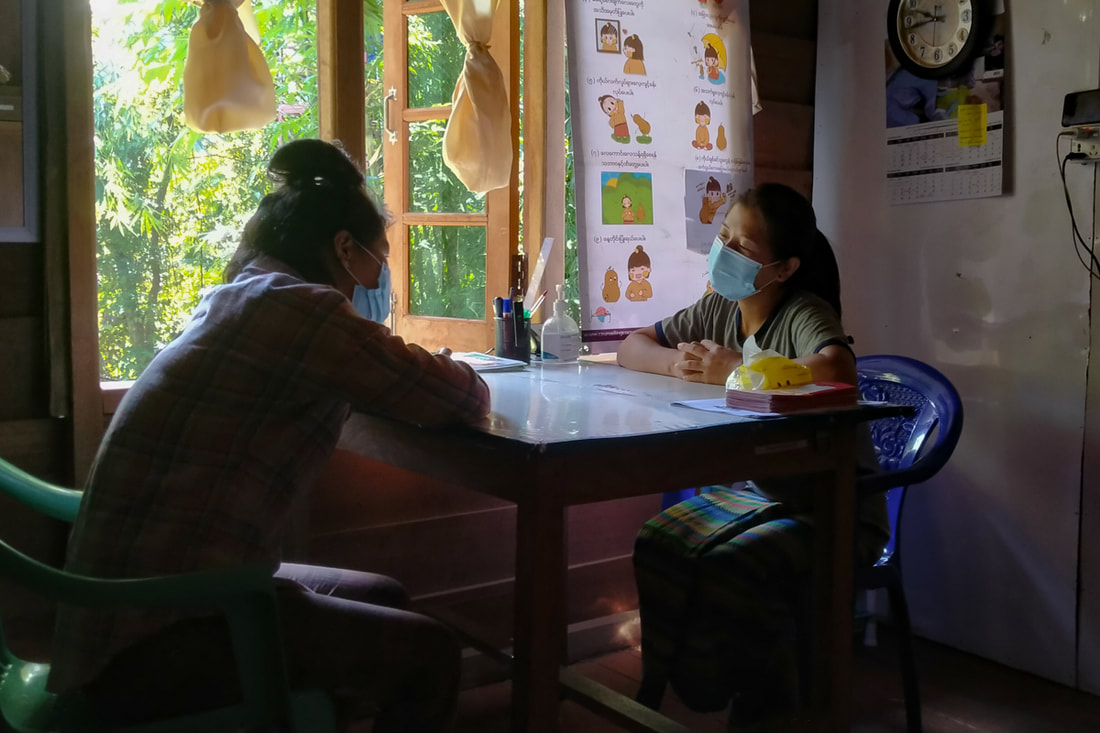
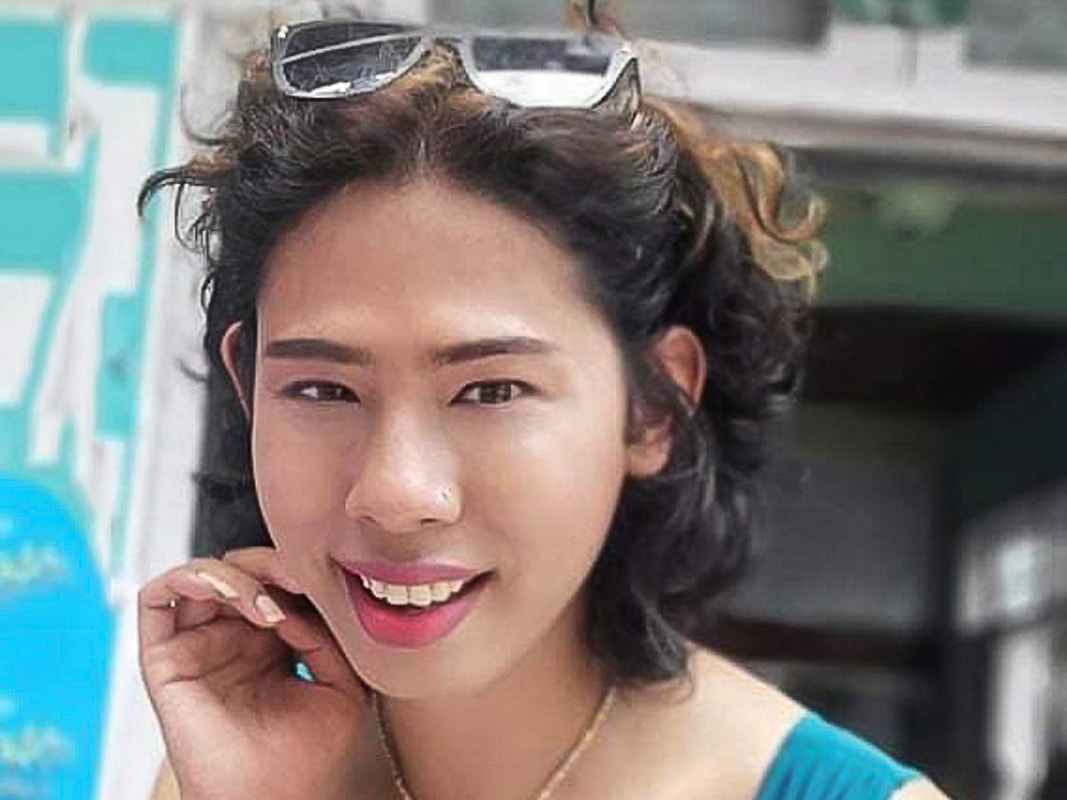
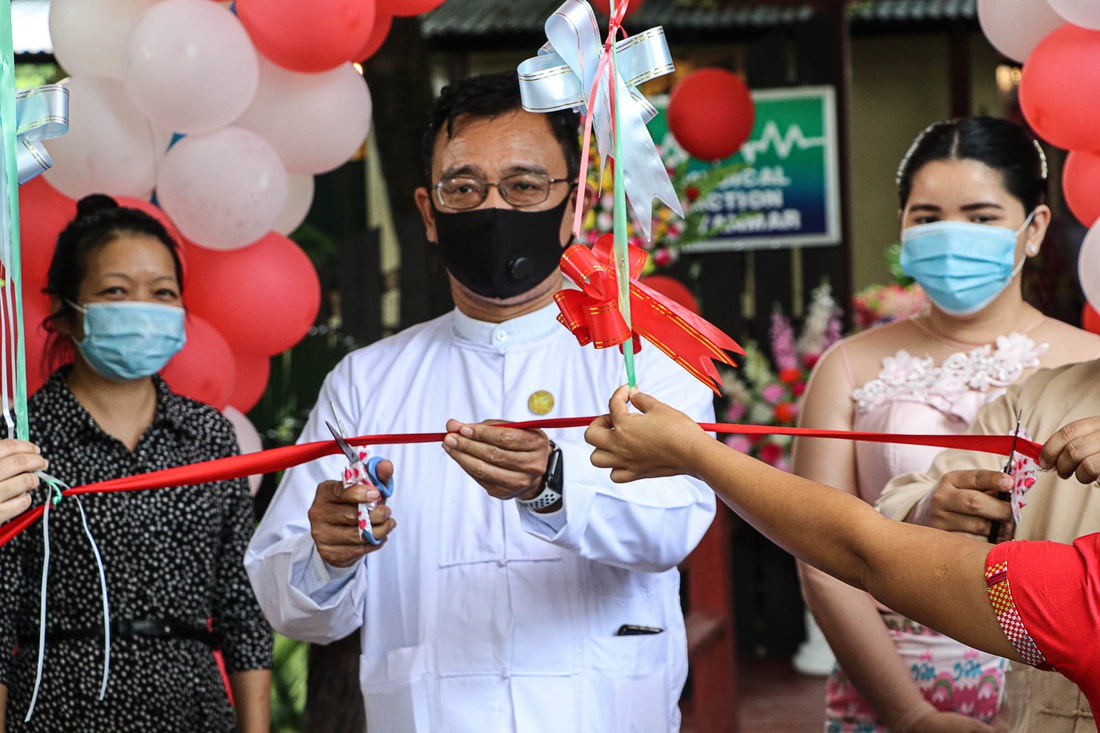
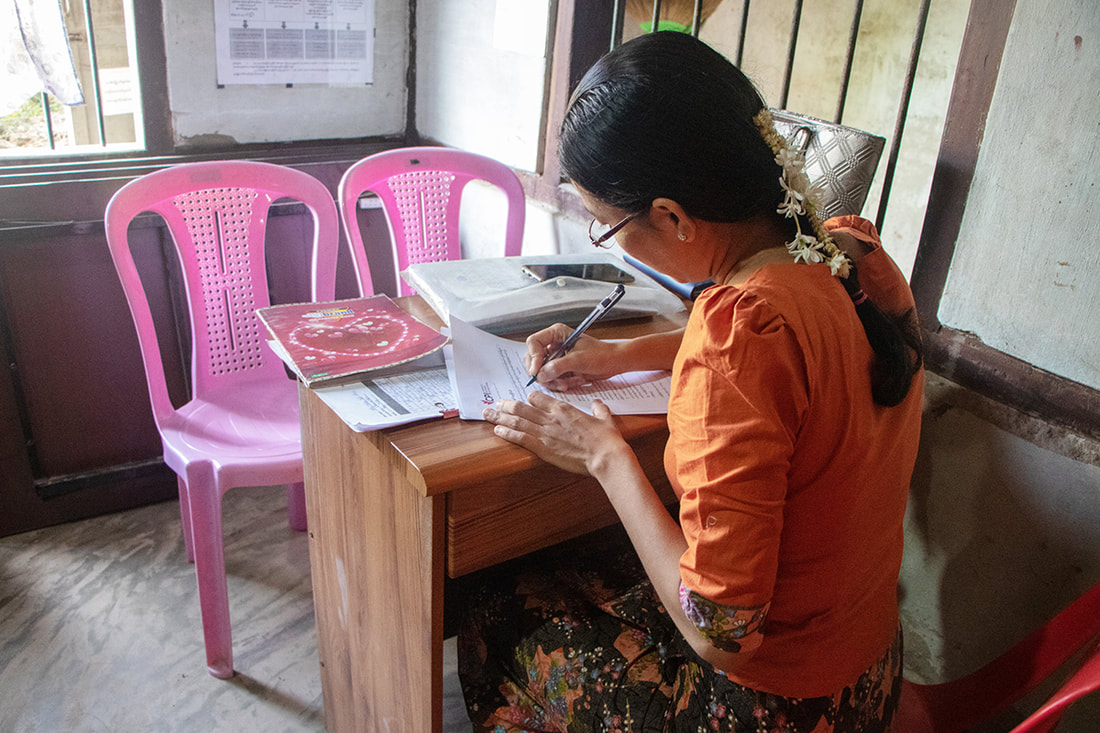
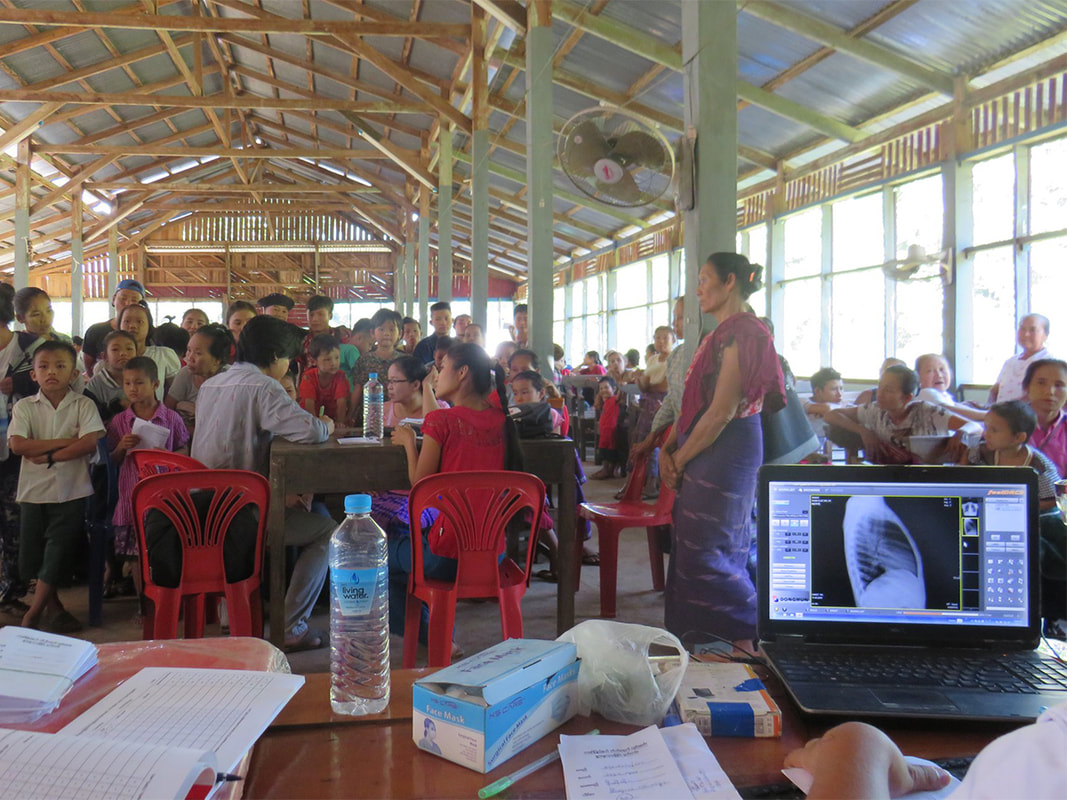
 RSS Feed
RSS Feed
